31, March 2021
Ivory Coast: ICC appeals court upholds acquittal of President Gbagbo 0
International Criminal Court appeals judges have upheld the acquittals of former Ivory Coast president Laurent Gbagbo and former minister Charles Ble Goude on charges of involvement in deadly post-election violence.
Both were acquitted in 2019 of responsibility for crimes including murder, rape and persecution following disputed elections in 2010, with judges saying prosecutors failed to prove their case. The decision halted the trial before defense lawyers had even presented their evidence.
Wednesday’s appeals panel decision to reject the prosecutors’ appeal against the acquittal ends proceedings against both men.
Supporters of Gbagbo hugged and cheered outside the court building after the decision.
(AP)
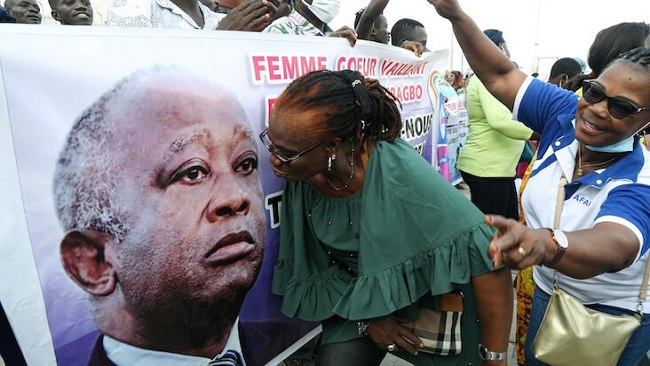
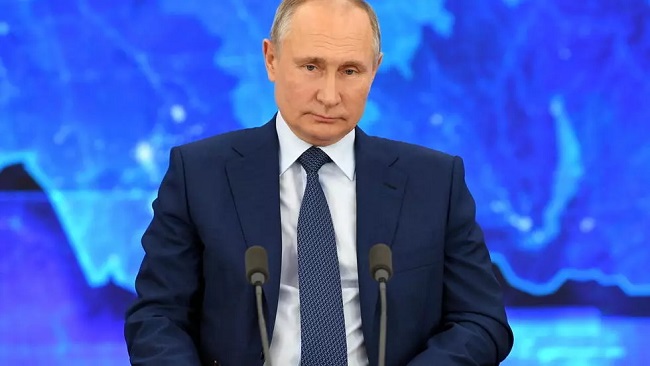
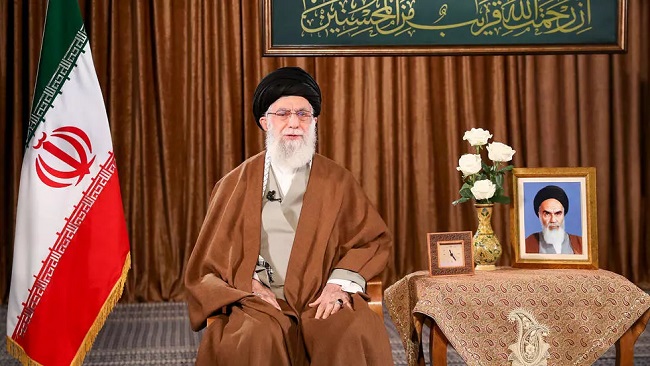

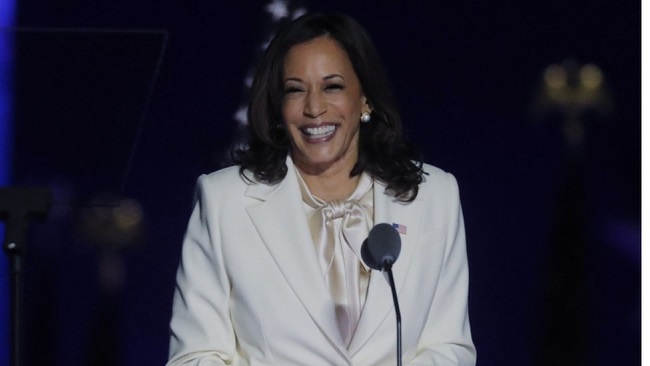
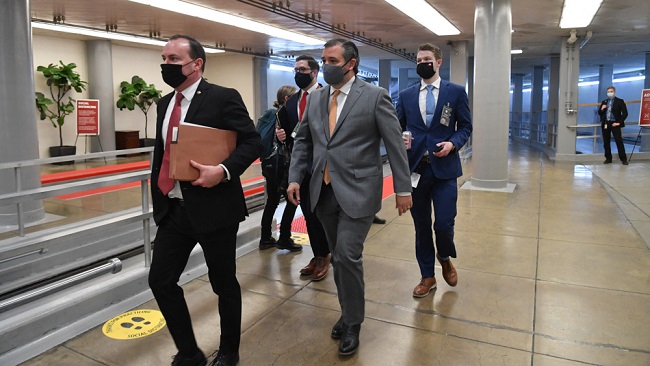

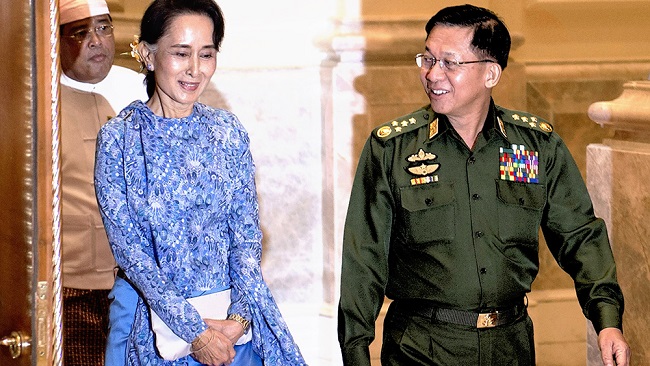



















4, April 2021
Jordan arrests former senior royal aides for ‘security reasons’ 0
The half-brother of Jordan’s King Abdullah II was asked to “stop some movements and activities that are being used to target Jordan’s security and stability,” the country’s top general said Saturday amid the arrest of former senior officials close to the ruling monarchy.
The details remained murky, but any internal unrest would raise alarms among the US and other Western nations, which have long viewed Jordan’s ruling monarchy as a key military ally and a bastion of stability in a volatile region.
Gen. Yousef Huneiti, the army chief of staff, denied reports that Prince Hamzah – the king’s half-brother who was also a former crown prince – had been arrested. He said an investigation is still ongoing and its results will be made public “in a transparent and clear form.”
“No one is above the law and Jordan’s security and stability are above all,” he told the official Petra news agency.
Petra had earlier reported that two senior officials who formerly worked for the palace “and others” had been arrested for “security reasons,” without providing further details.
The Petra report said Sharif Hassan bin Zaid, the former royal envoy to Saudi Arabia, and Bassem Ibrahim Awadallah, the former head of the royal court, were detained. Awadallah also previously served as planning minister and finance minister.
The agency did not provide further details or name the others who were arrested.
“We are closely following the reports and in touch with Jordanian officials,” State Department spokesman Ned Price said. “King Abdullah is a key partner of the United States, and he has our full support.”
Abdullah has ruled Jordan since the 1999 death of of his father, King Hussein, who ruled the country for close to a half-century. The king has cultivated close relations with US and other Western leaders over the years, and Jordan was a key ally in the war against the Islamic State group. The country borders Israel, the occupied West Bank, Syria, Iraq and Saudi Arabia.
Jordan’s economy has been battered by the coronavirus pandemic. The country, with a population of around 10 million, also hosts more than 600,000 Syrian refugees.
Jordan made peace with Israel in 1994, but relations have been tense in recent years, largely due to differences linked to Israel’s conflict with the Palestinians. Jordan is home to more than 2 million Palestinian refugees, most of whom have Jordanian citizenship.
Abdullah stripped his half-brother Hamzah of his title as crown prince in 2004, saying he had decided to “free” him “from the constraints of the position of crown prince in order to give you the freedom to work and undertake any mission or responsibility I entrust you with.”
The current crown prince is Abdullah’s oldest son, Hussein, aged 26.
Abdullah had chosen Hamzah as his crown prince hours after their father died of cancer in February 1999. The designation was out of respect for Hussein, who is known to have favored Hamzah the most among his 11 children from four marriages.
Abdullah and Hamzah have not displayed any open rivalry over the years.
Source: AP